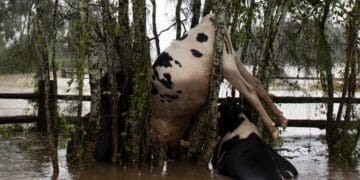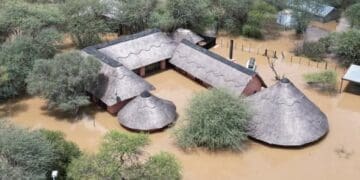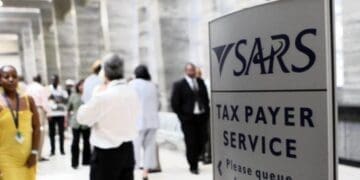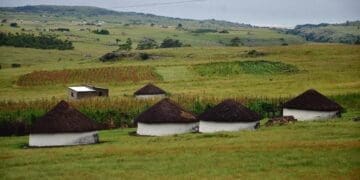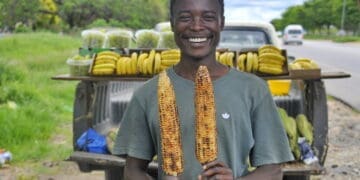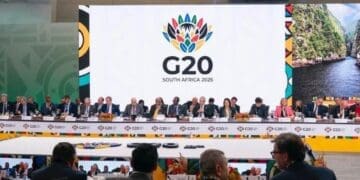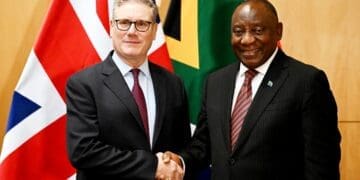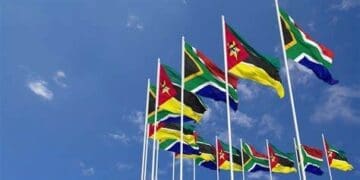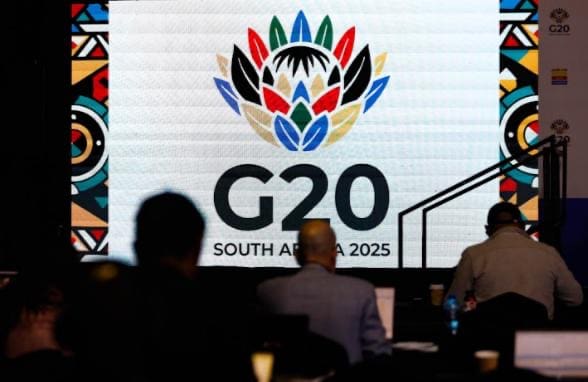As South Africa leads the G20 this year, the high cost of borrowing faced by African countries has become a key topic.
Despite having comparatively lower debt levels compared to many developed nations, African governments pay interest rates up to 500% higher than their global counterparts.
This disparity strains national budgets and directly affects SMEs, which are critical for job creation and economic growth in South Africa.
At a recent G20 business summit, Sim Tshabalala, who is the CEO of Standard Bank and chair of the G20 finance and infrastructure track, said reducing borrowing costs was vital for infrastructure development.
“This is not just about building roads and bridges, it is about building opportunity, resilience and prosperity,” Tshabalala said.
Lower debt costs would enable governments to increase support for SMEs, particularly in townships and rural areas, where access to finance remained limited.
The elevated borrowing costs stem from structural issues within the global financial system.
Marcus Courage, CEO of Africa Practice, explained that the continent’s economies faced higher borrowing costs compared to other regions due to outdated risk assessment practices and limited access to reliable data.
These factors contributed to increased capital costs and hindered economic growth.
“When it comes to economic growth, some nations get harnesses for the ascent, while African countries must climb with weighted vests. We simply can’t realise Africa’s full potential, a potential that benefits the entire world, until we tackle the structural and dynamic factors that drive up its capital costs,” he said.
Credit rating agencies often treat Africa as a monolith, ignoring the economic diversity among its 54 countries, which inflates perceived risk and borrowing expenses.
This situation has real consequences beyond numbers.
Didi Okonkwo Nwuneli, CEO of The ONE Campaign, highlighted the human cost of high debt repayments.
“Governments are forced to cut domestic spending and (are) unable to fund essential public services. Children’s school fees go unpaid because teachers are not paid, and nurses and doctors are absent from clinics.”
Such cuts hampered the socio-economic environment in which SMEs operate.
She also highlighted the urgent need for affordable financing on the continent.
“Affordable capital is a lifeline for Africa, not a luxury. It’s time the cost of capital reflects our potential, not outdated risk narratives,” she said.
For many small business owners in South Africa, the combined effect of government budget constraints and high private sector lending rates means fewer opportunities for growth and innovation.
Without affordable capital, entrepreneurs struggle to invest in equipment, expand operations, or hire staff, limiting their contribution to economic recovery and job creation.
South Africa’s G20 presidency, culminating in a summit in November, offers a strategic opportunity to advocate for reforms aimed at lowering borrowing costs and improving financial conditions.




